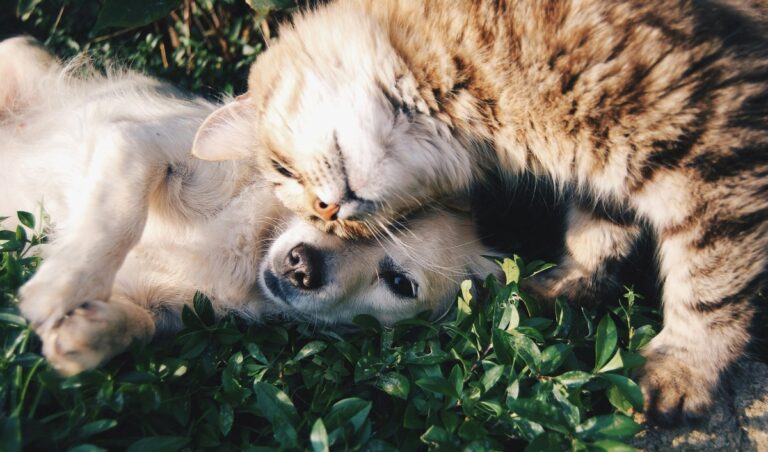17 Common Items That Are Poisonous to Dogs
Dogs are naturally curious creatures, and their habit of exploring the world with their mouths can sometimes lead to serious health risks. Many everyday household items, foods, and plants that seem harmless to humans can be toxic—even fatal—to dogs. Knowing what to keep out of reach can prevent poisoning and save your pet’s life.
Even small amounts of certain substances can cause severe reactions, so it’s important to recognize the dangers and take precautions. Here are 17 common items that are poisonous to dogs, along with how they can affect your pet and what to do if they ingest something harmful.
1. Chocolate

Chocolate contains theobromine and caffeine, both of which are toxic to dogs. Dark chocolate and baking chocolate have the highest levels, but even milk chocolate can cause symptoms like vomiting, diarrhea, rapid heartbeat, and seizures.
What to Do: If your dog eats chocolate, call your vet immediately. Small amounts may only cause mild symptoms, but larger quantities can be fatal.
2. Grapes and Raisins

Even a small amount of grapes or raisins can cause acute kidney failure in dogs. Some dogs may be more sensitive than others, but it’s best to avoid them altogether.
What to Do: If your dog consumes grapes or raisins, seek veterinary help immediately. Symptoms may not appear right away, but kidney damage can be irreversible if untreated.
3. Xylitol
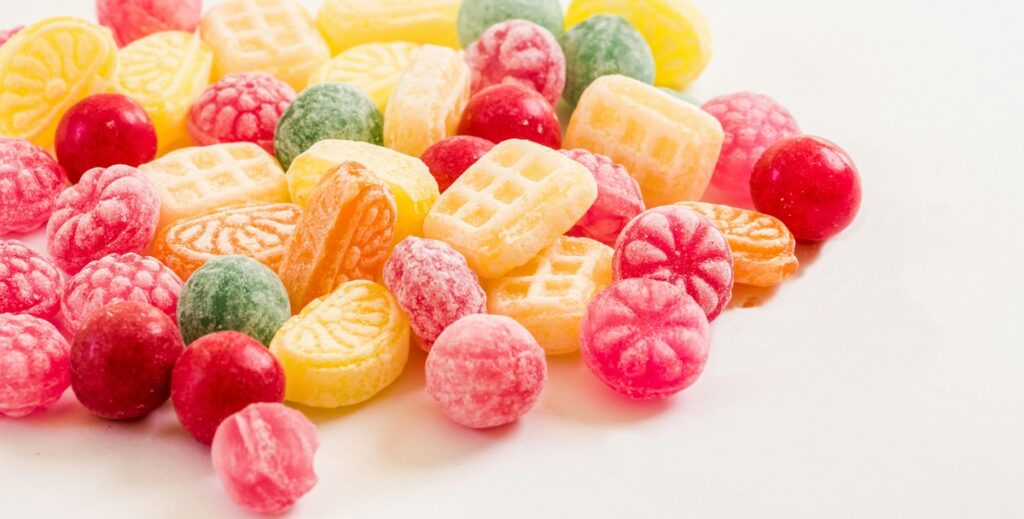
Xylitol is an artificial sweetener found in sugar-free gum, peanut butter, candies, and even some dental products. In dogs, it can cause a rapid drop in blood sugar, leading to seizures, liver failure, and even death.
What to Do: Xylitol poisoning progresses quickly. If your dog ingests xylitol, rush them to a vet immediately, as even small amounts can be life-threatening.
4. Onions and Garlic
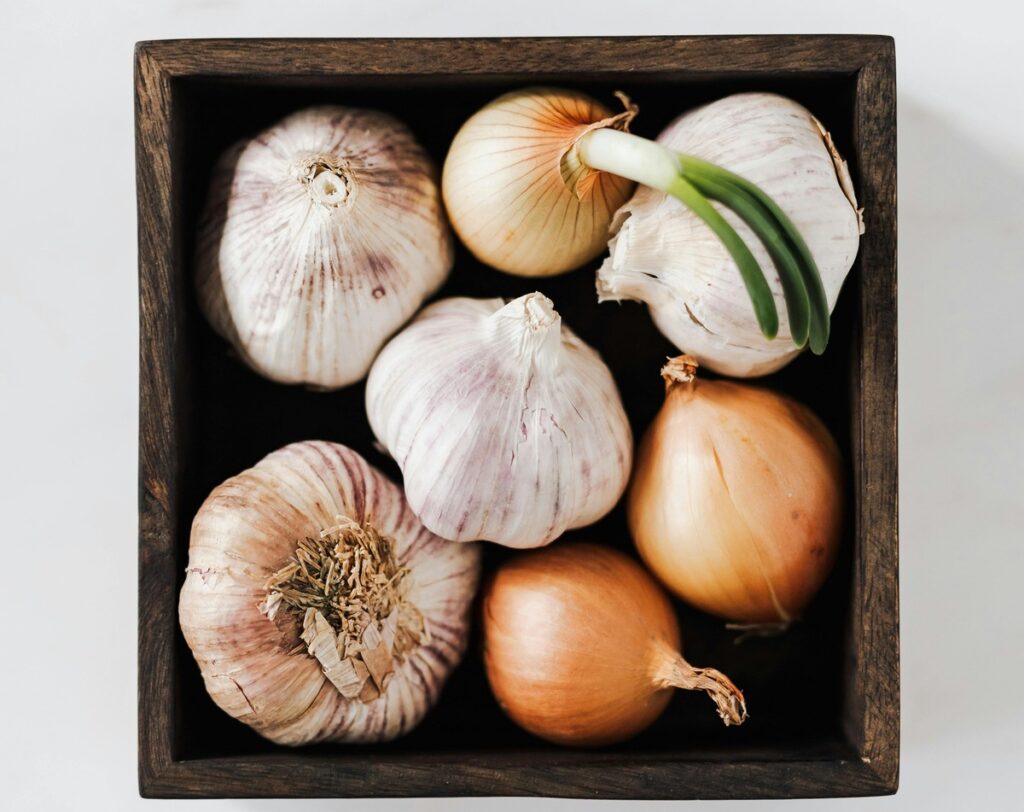
Both onions and garlic (raw, cooked, or powdered) contain compounds that can destroy red blood cells, leading to anemia. This includes foods seasoned with onion or garlic powder, which can be just as toxic as whole onions.
What to Do: If your dog eats onion or garlic, monitor them for signs of lethargy, weakness, or pale gums. Contact your vet if any symptoms appear, as anemia can be dangerous if left untreated.
5. Alcohol
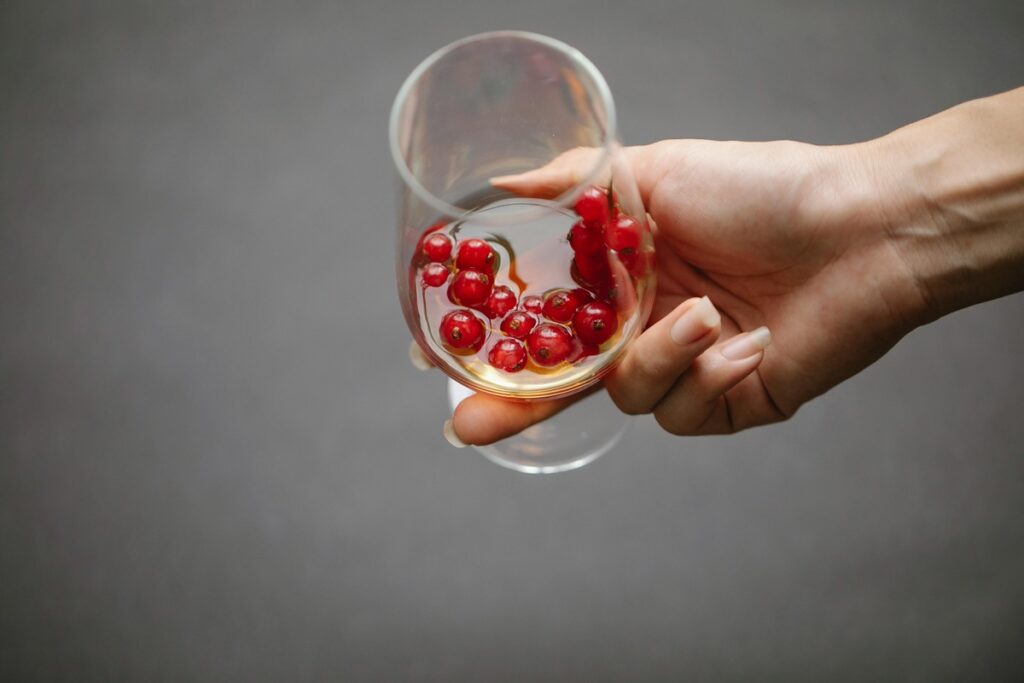
Dogs cannot metabolize alcohol like humans can. Even small amounts can cause vomiting, disorientation, difficulty breathing, and in severe cases, coma or death. Alcohol poisoning can occur from beverages, mouthwash, or even fermented foods.
What to Do: If your dog ingests alcohol, keep them hydrated and contact your vet immediately. Symptoms can escalate quickly.
6. Caffeine
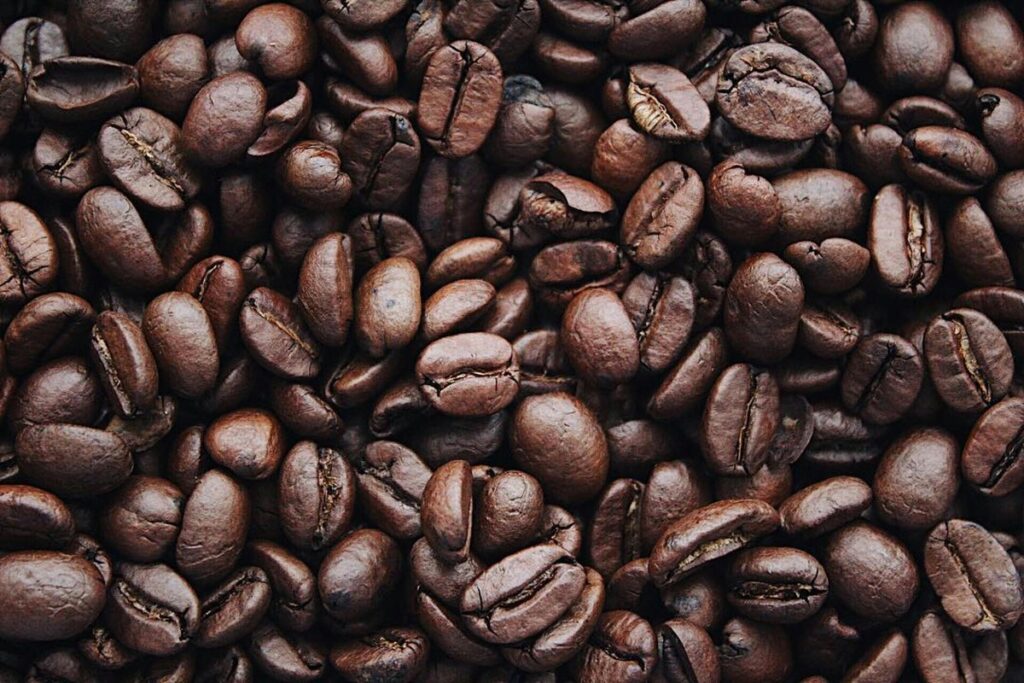
Caffeine affects dogs much like it does humans but at a much more dangerous level. Found in coffee, tea, sodas, and energy drinks, caffeine stimulates the nervous system and heart, leading to restlessness, rapid breathing, tremors, and seizures.
What to Do: If your dog accidentally drinks coffee or eats caffeine-containing food, take them to the vet as soon as possible. There is no antidote, so treatment focuses on managing symptoms.
7. Macadamia Nuts
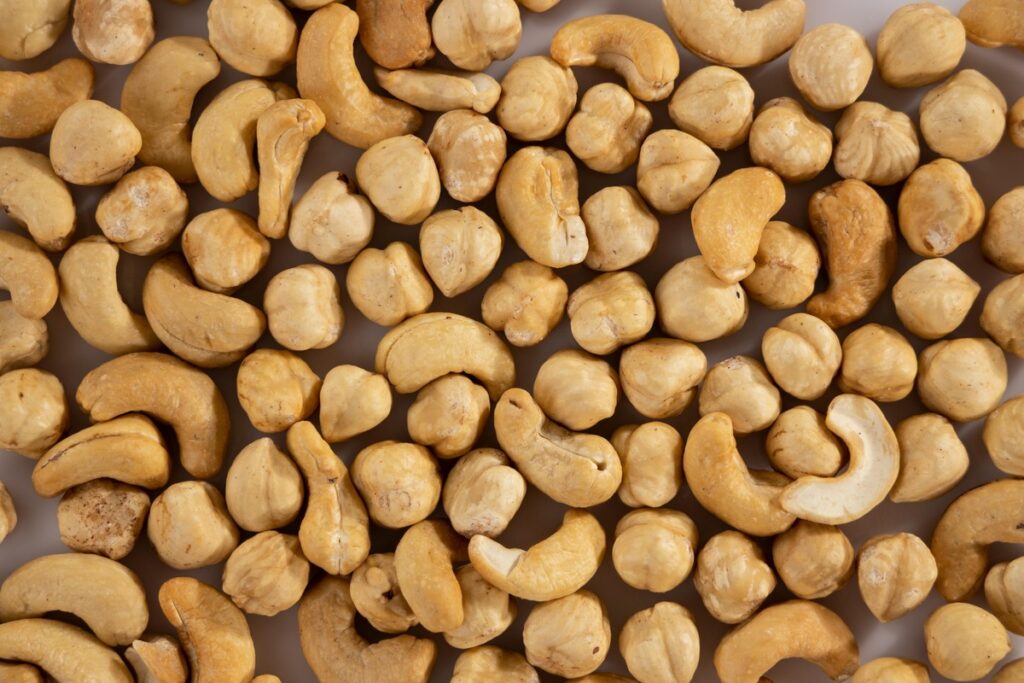
Macadamia nuts can cause weakness, vomiting, tremors, and fever in dogs. The exact toxin is unknown, but even small amounts can result in severe symptoms. While not usually fatal, macadamia nut poisoning can be very distressing.
What to Do: Keep all macadamia nut products out of reach, and if ingestion occurs, call your vet for advice.
8. Medications
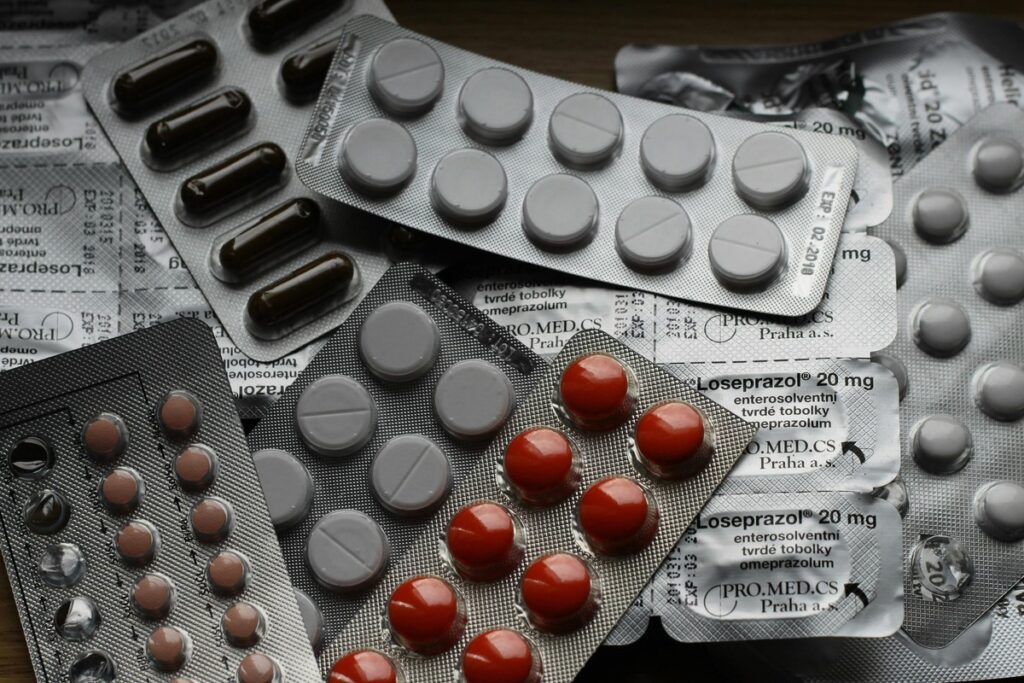
Over-the-counter and prescription medications are one of the most common causes of poisoning in dogs. Pain relievers like ibuprofen (Advil) and acetaminophen (Tylenol) can cause kidney failure, liver damage, and internal bleeding.
What to Do: Store all medications in a secure place, and never give human painkillers to dogs unless prescribed by a vet. If your dog swallows pills, seek emergency veterinary care immediately.
9. Household Cleaners
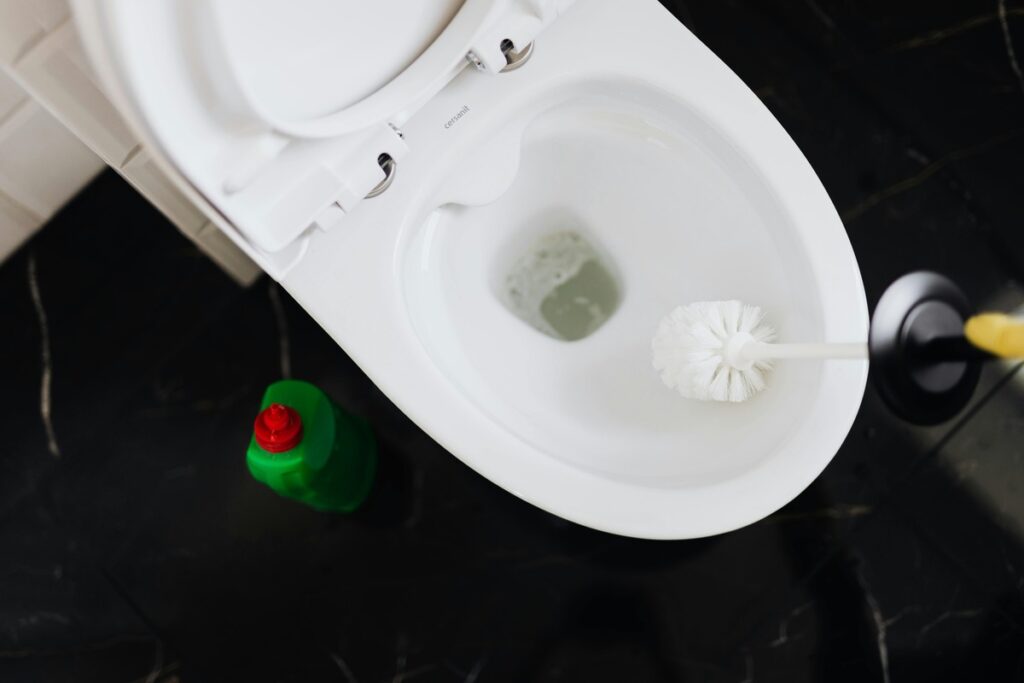
Bleach, detergents, and disinfectants contain toxic chemicals that can cause severe mouth and throat burns, breathing problems, and organ failure if ingested or inhaled. Even licking floors cleaned with strong chemicals can be harmful.
What to Do: Use pet-safe cleaners whenever possible, and keep chemical products locked away. If your dog ingests a cleaner, do not induce vomiting, as it may cause more damage—call your vet right away.
10. Antifreeze
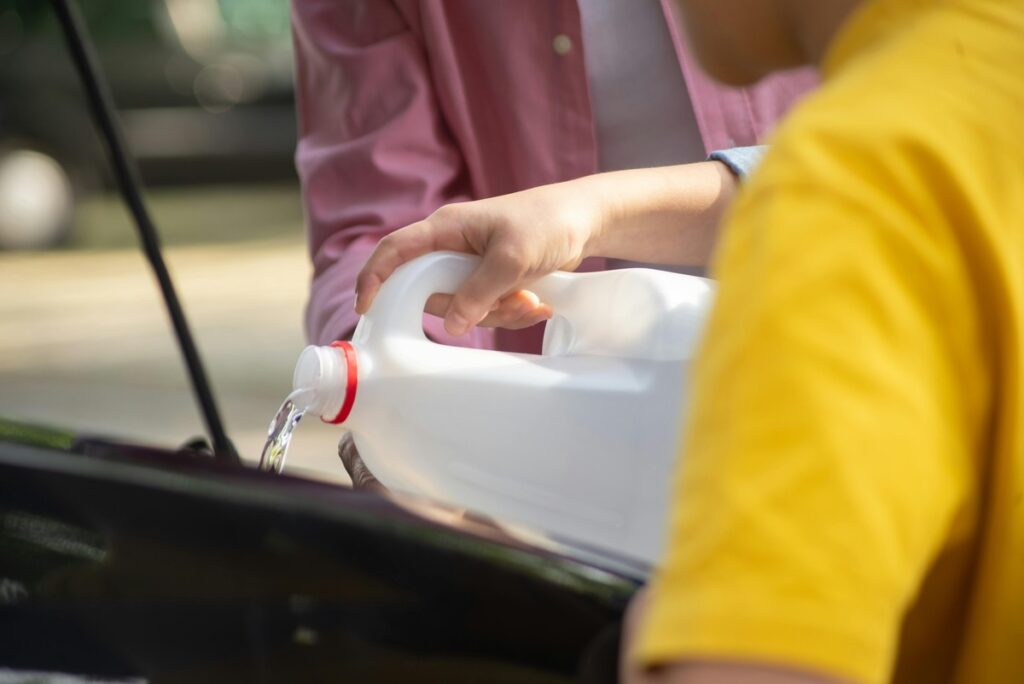
Antifreeze (ethylene glycol) has a sweet taste that attracts dogs, but even tiny amounts can be fatal. It attacks the kidneys, causing rapid failure within hours.
What to Do: If you suspect antifreeze poisoning, seek emergency vet care immediately. Early treatment is the only way to prevent fatal kidney failure.
11. Raw Yeast Dough

Raw yeast dough can expand inside a dog’s stomach, leading to severe bloating, pain, and even life-threatening stomach twisting (bloat). The yeast also produces alcohol as it ferments, which can cause alcohol poisoning.
What to Do: If your dog eats raw dough, call your vet immediately. In some cases, emergency surgery may be needed.
12. Certain Houseplants

Many common houseplants are toxic to dogs, including sago palms, lilies, aloe vera, and philodendrons. Some plants cause mild digestive upset, while others—like sago palms—can cause liver failure and death.
What to Do: Research plants before bringing them into your home, and keep toxic varieties out of reach. If your dog ingests a plant, call ASPCA Poison Control or your vet.
13. Avocados
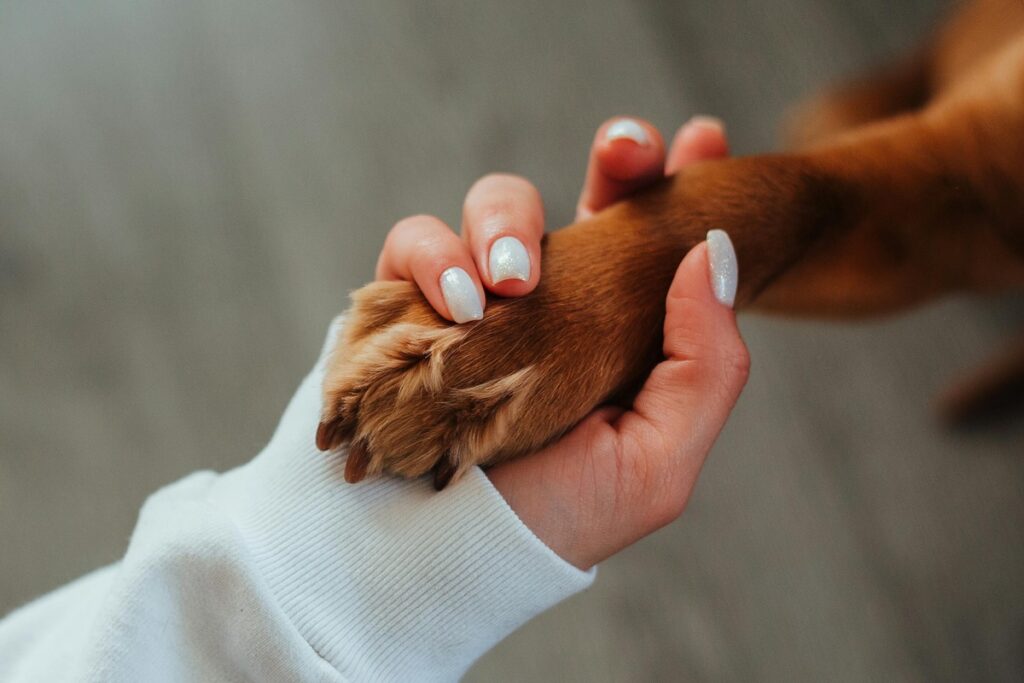
Avocados contain persin, a toxin that can cause vomiting, diarrhea, and breathing difficulties in dogs. The pit is also a choking hazard and can cause intestinal blockages if swallowed.
What to Do: If your dog eats avocado flesh, monitor for symptoms and call your vet if they show signs of distress. If they swallow the pit, seek veterinary help immediately.
14. Corn on the Cob
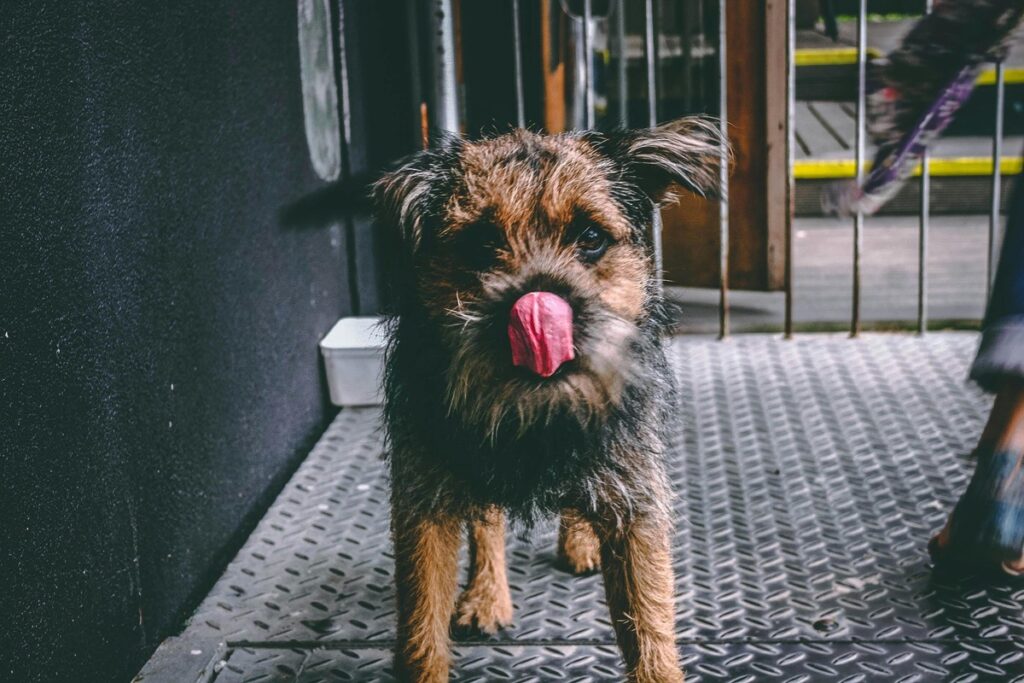
While plain corn is safe for dogs, the cob can be extremely dangerous. It is difficult to digest and can cause life-threatening intestinal blockages.
What to Do: If your dog eats a corn cob, watch for symptoms like vomiting, loss of appetite, and difficulty pooping. Contact your vet immediately if you suspect a blockage.
15. Moldy Food

Moldy food can contain mycotoxins that cause serious symptoms like tremors, seizures, and liver failure. Even a small amount of spoiled food can be highly toxic to dogs.
What to Do: Never feed your dog leftovers that have gone bad. If they eat moldy food, call your vet immediately and monitor them for neurological symptoms.
16. Bones from Cooked Meat

Cooked bones, especially from poultry, can splinter and cause serious injuries to a dog’s mouth, throat, and intestines. They can also lead to dangerous blockages that require surgery.
What to Do: Always dispose of cooked bones properly and never give them to your dog. If they swallow a bone, call your vet immediately to assess the risk.
17. Salt and Salty Snacks

Excess salt can cause sodium ion poisoning in dogs, leading to vomiting, diarrhea, tremors, seizures, and even death. Salty foods like chips, pretzels, and cured meats should be avoided.
What to Do: Keep salty foods out of reach, and ensure your dog has access to fresh water. If they consume a large amount of salt, seek veterinary care immediately.
What to Do If Your Dog Is Poisoned
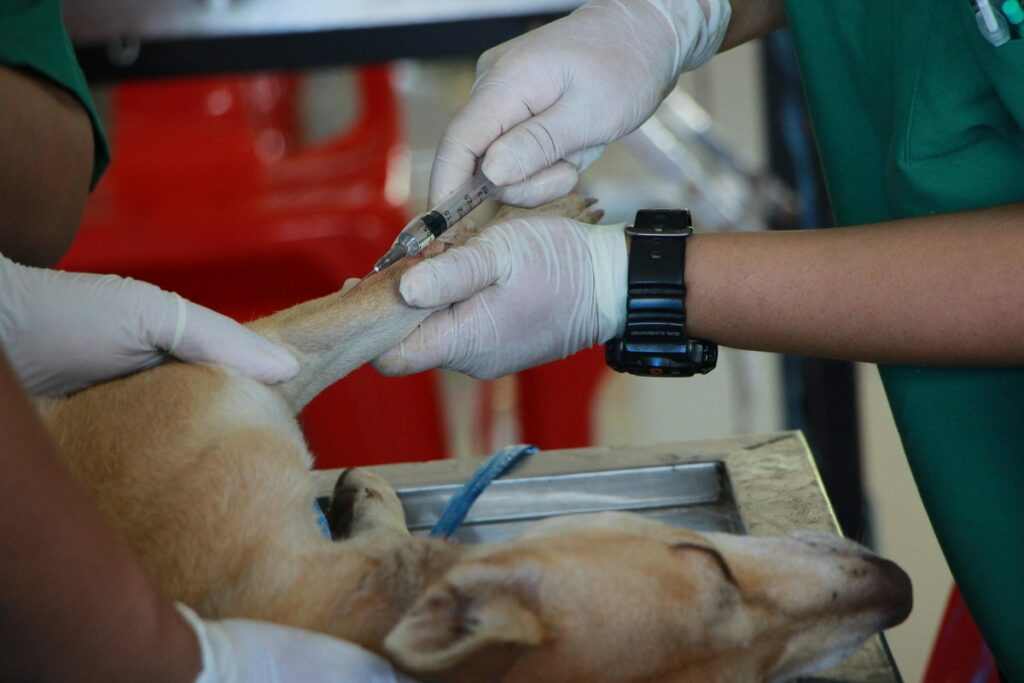
If you suspect your dog has ingested something toxic, time is critical. Contact your veterinarian or an emergency pet poison hotline immediately. Symptoms of poisoning can include vomiting, diarrhea, seizures, tremors, excessive drooling, and lethargy. Never try to treat poisoning at home without professional advice—some substances cause more harm if vomiting is induced.
To protect your dog, store dangerous foods and household items securely, use pet-safe alternatives, and always supervise them around new objects. A little caution goes a long way in keeping your furry friend safe and healthy.






